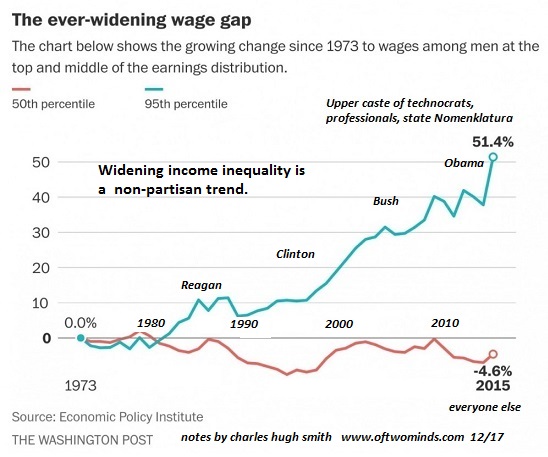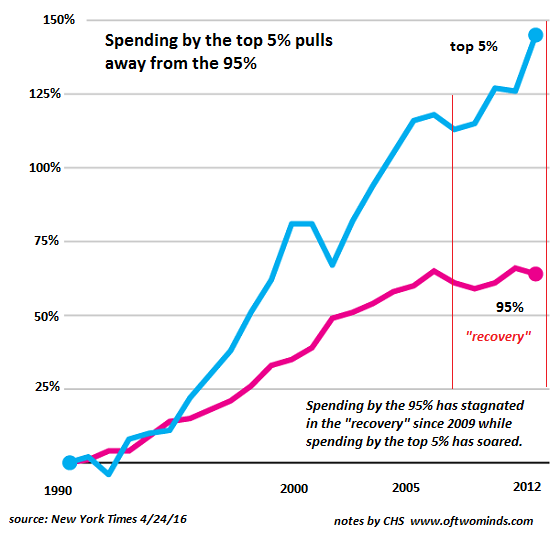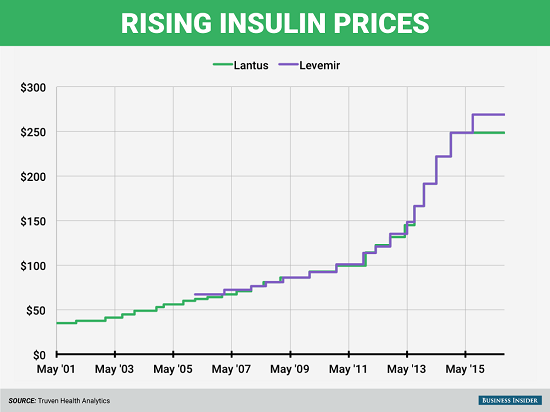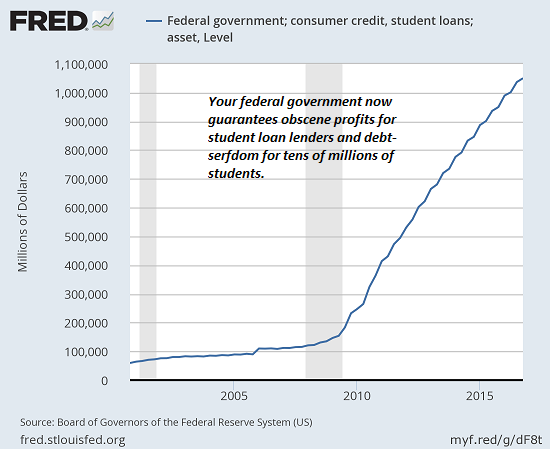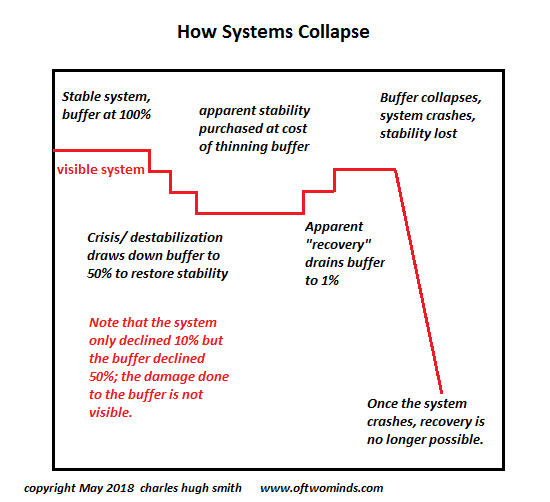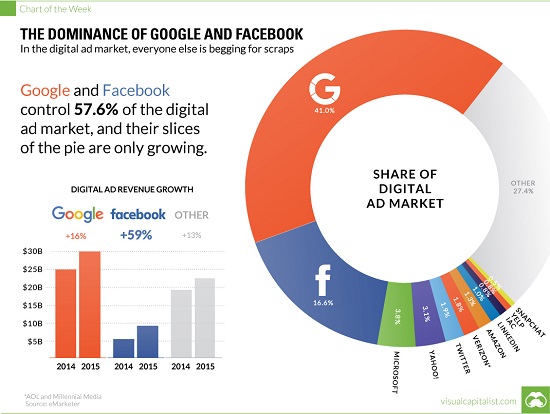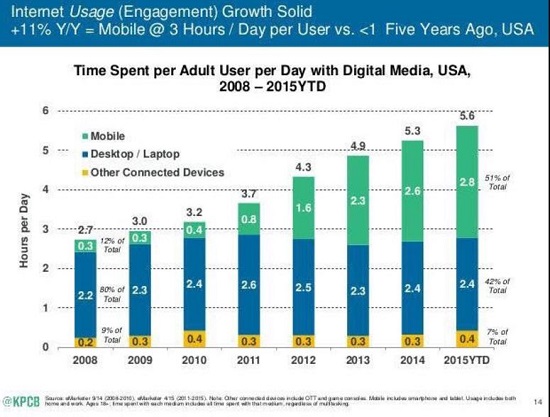The confidence and hubris of those directing the rest of us to race off the cliff while they watch from a safe distance is off the charts.
The past decade of "recovery" and "growth" has actually been a decade of catastrophic losses for our society and nation. Here's a short list of what we've lost:
1. Functioning markets. Free markets discover price and assess risk. What passes for markets now are little more than signaling devices to convince us the economy is doing spectacularly well. It is doing spectacularly well, but only for the top .1% of 1% and the class of managerial/technocrat flunkies and apologists who serve the interests of the top .1%.
2. Genuine Virtue. Parading around a slogan or online accusation, "liking" others in whatever echo-chamber tribe the virtue-signaler is seeking validation in, and other cost-free gestures--now signals virtue. Genuine virtue--sacrificing the support of one's tribe for principles that require skin in the game--has disappeared from the public sphere and the culture.
3. Civility. As Scientific American reported in its February issue (The Tribalism of Truth), the incentive structure of largely digital "tribes" rewards the most virulent, the most outrageous, the least reasonable and the most vindictive of the tribe with "likes" while offering little to no encouragement of restraint, caution, learning rather than shouting, etc.
The cost of gaining tribal encouragement is essentially zero, while the risk of ostracism from the tribe is high. In a society with so few positive social structures, the self-referentially toxic digital tribe may be the primary social structure for atomized "consumers" in a dysfunctional system dominated by a rigged "market" and a central state that no longer needs the consent of the governed.
Common ground, civility, the willingness to listen and learn--all lost.
4. Trust. Few find reason to trust corporations, the corporate media, the tech monopolies or the government. This distrust is reasonable, given these institutions have squandered the public trust to protect the swag being skimmed by insiders and elites.
Rather than earn our trust with true transparency and accurate reporting of data, these institutions spew a false form of transparency that's doubly opaque, as it's rigged to mask the skims of the insiders. Transparency: lost. Accountability: lost.
Do you really trust Facebook, Google, and the agencies that are supposed to provide oversight of these monopolies? If you said, "yes," you're joking, right?
5. Social mobility for the masses. You've undoubtedly read reports about the stagnation of wages for the bottom 90% and the soaring wealth and income of the top 5%, which is concentrated in the top .1%. The old adage--go to college, you'll be guaranteed a secure, well-paying job-- no longer works, as we've over-produced elites (college graduates) for decades.
Starting your own business was once a ladder of social mobility, but the layers of bureaucratic costs and compliance are now so heavy that few have the resources or appetite for risk to start a business.
The only business model that's worth trying now is to start a digital company that can be sold for a couple of million dollars to a tech monopoly (Microsoft, Google, Facebook, etc.) within a matter of months, two years max. By that time, some corporate behemoth will have purchased a competitor and eaten your lunch.
6. Federal law enforcement and national security agencies that were above partisan politics. Now these agencies and their leadership are nothing but political agendas hiding behind a long-extinct reputation for apolitical professionalism. The political impact now guides what's made public, and how that "information" is gamed, spun or fabricated to drive a political agenda.
7. A democratizing Internet. A handful of corporate cartels and quasi-monopolies now control what we see in web searches, news feeds, our "friends" postings, and what's available on user-generated content networks such as YouTube. Under the banner of "fake news" and "hate speech," mass surveillance and censorship are now the status quo.
8. National purpose. Arguably lost long ago, but the loss has become painfully apparent in the past decade. Does anyone still think the Empire is spreading freedom and liberty? Everyone can see that what we're spreading is destruction and disorder.
The society and culture have degraded to an abject worship of greed and private gain. The "national purpose" is to maximize one's personal gain by whatever means are available, including fraud, racketeering, embezzlement, lying, cover-ups, punishing whistleblowers, gaming the system to maximize overtime, etc.
The rationalization is always the same: everyone else is doing it.
Here's a shorthand way to summarize America's "purpose" now: a medication that costs $8 per vial in Europe costs $38,892 in the U.S.
9. Perspectives on entitlement. Everyone's entitled to everything now--to sex, a secure income, the "right" to abuse/accuse online without restraint or blowback, the "right" to demand everyone treat you in whatever way you reckon is your "right," and so on in an infinite expansion of entitlements that require no sacrifice, virtue or even civility of the entitled.
10. Humility. How often do you find someone who publicly expresses caution about their own righteousness, or presents a healthy hesitation about the rightness of their positions, i.e. that they might be wrong? How many are publicly skeptical of their own views and not just of everyone else's views? How many admit to having a poor understanding of complex issues?
The confidence and hubris of those directing the rest of us to race off the cliff while they watch from a safe distance is off the charts.
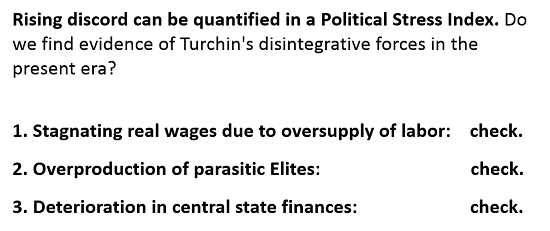 Summer Book Sale: 30% off Kindle editions, 25% off print editions. If you're interested in real solutions, check these out:
Summer Book Sale: 30% off Kindle editions, 25% off print editions. If you're interested in real solutions, check these out:
NOTE: Contributions/subscriptions are acknowledged in the order received. Your name and email remain confidential and will not be given to any other individual, company or agency.
Thank you, Bill B. ($5/month), for your sumptuously generous pledge to this site -- I am greatly honored by your support and readership.
| |
Thank you, Tom M. ($50), for your superbly generous pledge to this site -- I am greatly honored by your support and readership.
|
Read more...
